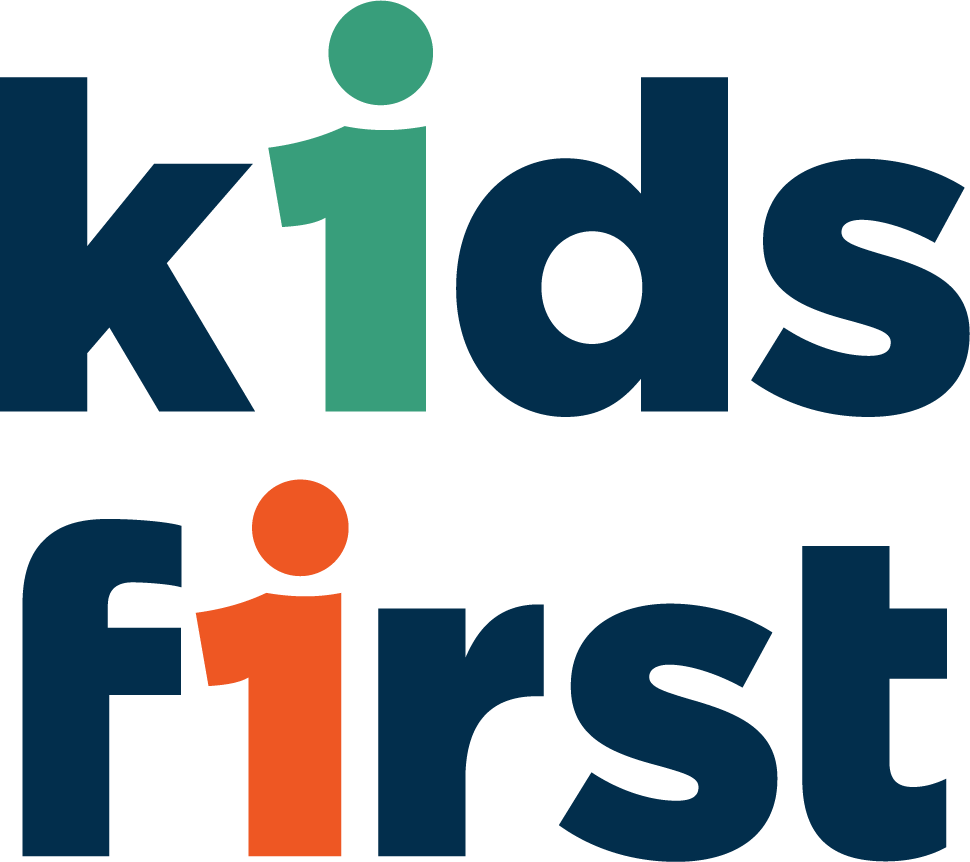Building a Relationship with Your Foster/Adopted Teen
Bringing a foster or adopted teen into your home can be both rewarding and challenging. While you may feel excited to provide them with love and support, building a positive relationship with them requires time, effort, and patience. Whether you are new to fostering or adoption or have been doing it for years, this article will provide you with valuable tips on how to build a strong and lasting bond with your foster or adoptive teen. So, grab a cup of coffee, sit back, relax, and let’s get started!
Connecting with Foster and Adopted Teens
The Difference Between a Foster and an Adopted Teen
Any teen can be a challenge, but foster and adopted teens often come with specific needs. Here are some ways you can connect and help.
Foster and adoptive teens are both young individuals who have experienced difficulties in their lives. However, there is a significant difference between the two.
A foster teen is someone who has been placed in temporary care with licensed caregivers or families while waiting for reunification with their birth family or finding a permanent home.
On the other hand, an adopted teen is someone whose parental rights have been terminated by the court, and they have been legally adopted by another family as their own child.
The main difference lies in permanency. A foster teen’s placement can change frequently until they find a stable home, which can create uncertainties and challenges for them emotionally. An adoptive teen has found stability in their new family but might still struggle to adjust to this big life change.
Understanding these differences allows us to provide better support for both types of teenagers who need love and guidance during challenging times in life.
The Challenges of Building a Relationship with a Foster or Adopted Teen
Building a relationship with any teenager can be challenging, but when it comes to foster or adoptive teens, there are unique difficulties that may arise. One of the primary challenges is trust. Foster and adoptive teens have often experienced trauma and instability in their lives, leading to trust issues and difficulty forming attachments.
Another challenge is communication. Many foster or adoptive teens may come from different backgrounds than their caregivers or parents, making it difficult to understand each other’s perspectives. There may also be language barriers or cultural differences that need to be navigated.
Building a relationship with a foster or adopted teen also requires patience and understanding. It takes time for these teenagers to acclimate to their new environment and feel safe and comfortable enough to open up about their feelings and experiences without fear of judgment.
In addition, some foster or adoptive teens may have behavioral issues stemming from past trauma that need addressing before building a trusting relationship can occur. This can take extra effort on the part of the caregiver or parent.
Building a positive relationship with a foster or adopted teen requires empathy, patience, flexibility and an openness to learning about different experiences and perspectives. With time and effort put into nurturing this relationship, it can prove incredibly rewarding for both parties involved.
Tips for Building a Positive Relationship with a Foster or Adoptive Teen
Building a positive relationship with a foster or adopted teen can be challenging, but it is not impossible. Here are some tips from Kids First that can help you foster a healthy and lasting relationship:
Be patient: Foster or adoptive teens may have experienced trauma in their lives, which can make them slow to trust others. It’s important to give them space and time to open up at their own pace.
Listen actively: When talking with your foster or adoptive teen, listen carefully to what they say without judgment or interruption. Show interest in what they’re saying by asking follow-up questions.
Find common ground: Look for activities or interests that you both enjoy and use these as opportunities for bonding and quality time together.
Set clear boundaries: Setting clear rules and expectations helps establish trust between you and your foster/adoptive teen while also providing structure.
Practice empathy: Try to understand the perspective of your foster/adoptive teen by putting yourself in their shoes – this will help build mutual respect and understanding.
Show unconditional love: Whether it’s through words of affirmation, physical touch, acts of service, quality time spent together, or gift-giving – showing your love for your foster/adoptive teen goes a long way towards building a strong relationship based on trust and security.
By following these tips consistently over time, you’ll be able to develop a meaningful connection with your foster/adoptive teenager that lasts beyond their stay in your home.
Interested in Foster Parenting or Adoption?
Building a relationship with any teenager can be challenging, and foster or adoptive teens come with their own set of unique challenges. However, building a positive relationship with them is crucial for their emotional well-being and development. Building relationships is never easy but it’s worth the effort. With patience, consistency, empathy and love you can create a long-lasting bond between yourself and your foster or adopted teen! Contact Kids First in Fort Worth, TX if you want to start the journey to fostering or adoption.

